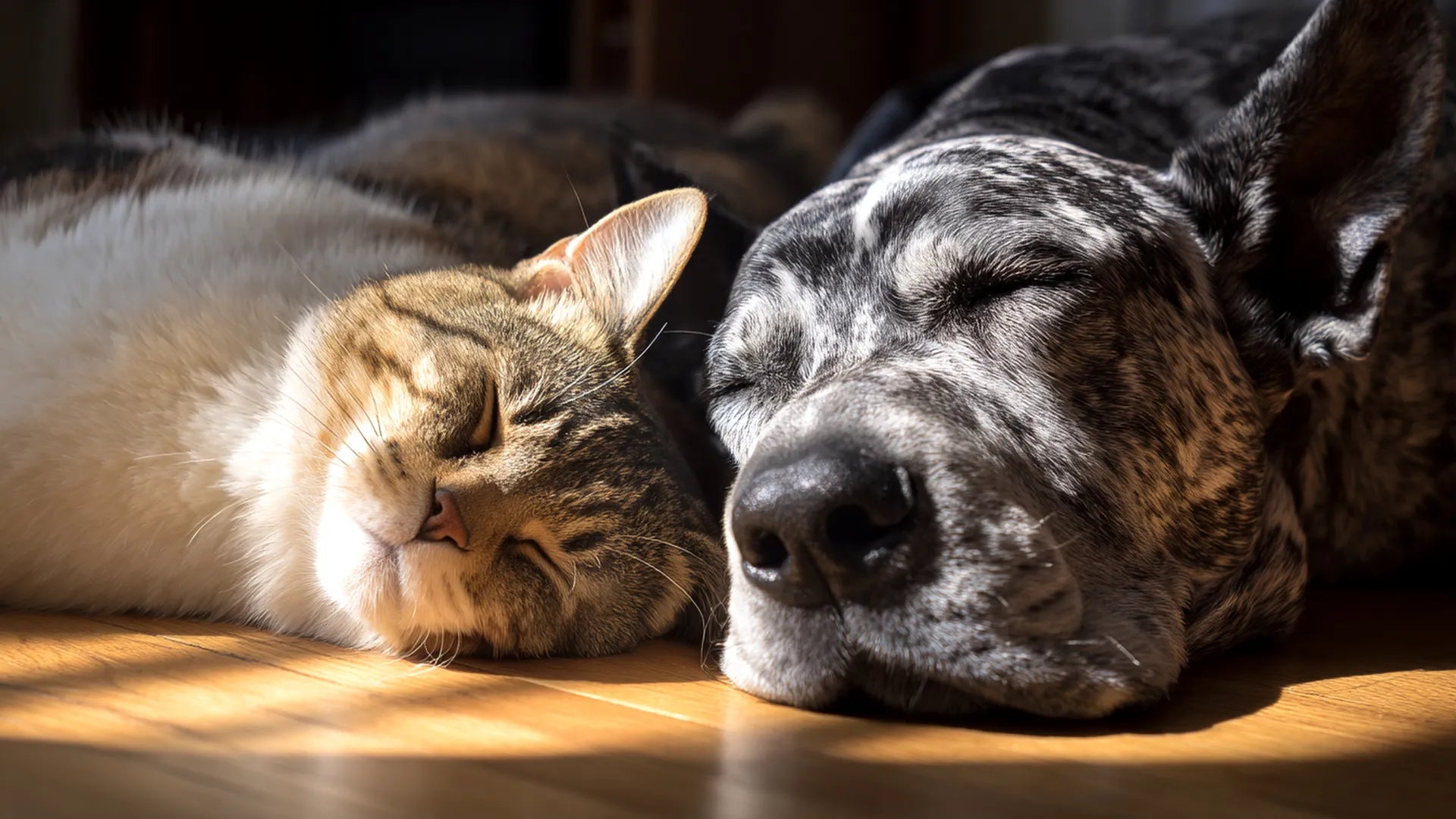Winter is sneaky for skin
Drier air and indoor heating can make skin feel tight and coats look dull. Omega-3 fatty acids (EPA/DHA) are widely discussed in veterinary literature for supporting skin comfort; pets don’t convert plant ALA to EPA/DHA very efficiently, which is why fish-oil sources are commonly used. AVMA Journals+1
Your 3-part routine
-
Brush & bathe smarter. Short, gentle brushing spreads natural oils; choose mild, pet-safe shampoos and don’t over-bathe. (Basic grooming principles reiterated across veterinary owner resources.) AAHA
-
Feed routines, not fads. AAHA nutrition guidance encourages ongoing assessment (body & muscle condition, stool, coat) and consistent, individualized plans—tiny, steady habits beat dramatic changes. AAHA+1
-
Consider omega-3 support with realistic expectations. EPA/DHA from fish oil are the omega-3s studied for skin/coat comfort; reviews and clinical discussions support their adjunctive role. Dose and time-to-notice can vary—think weeks, not days, and stay within vet-advised amounts. AVMA Journals+1
Red flags = call your vet
Itching with sores, widespread hair loss, ear issues, or behavior changes deserve a proper exam—supplements support wellness but don’t replace diagnosis or treatment. (General veterinary standard of care echoed by AAHA/AVMA content.) AAHA
Zpet Skin & Coat Soft Chews combine fish oil (omega-3 source) with lecithin to support a soft, glossy coat and a healthy-feeling skin barrier—best used daily with grooming and good hydration (general wellness support).
